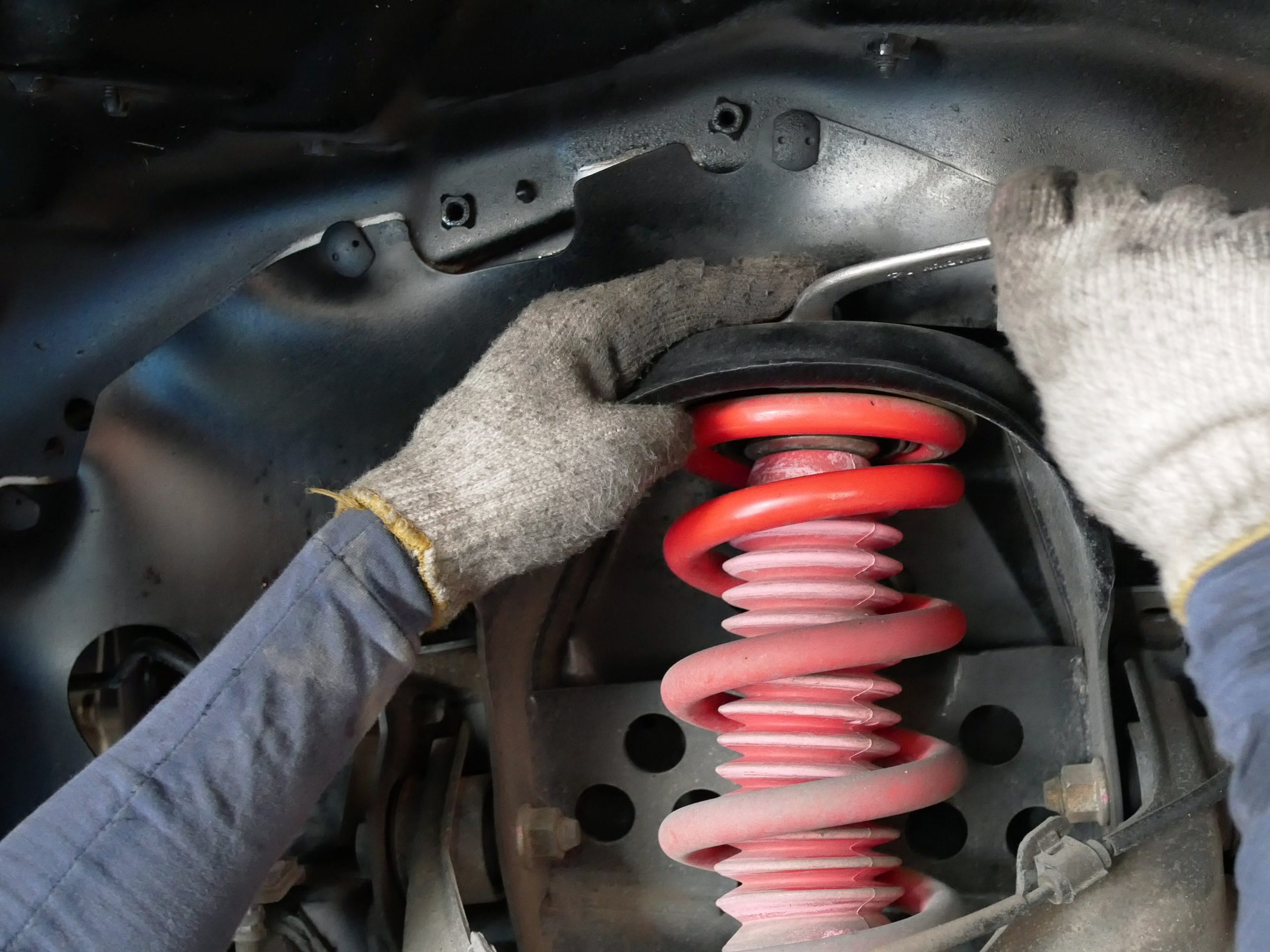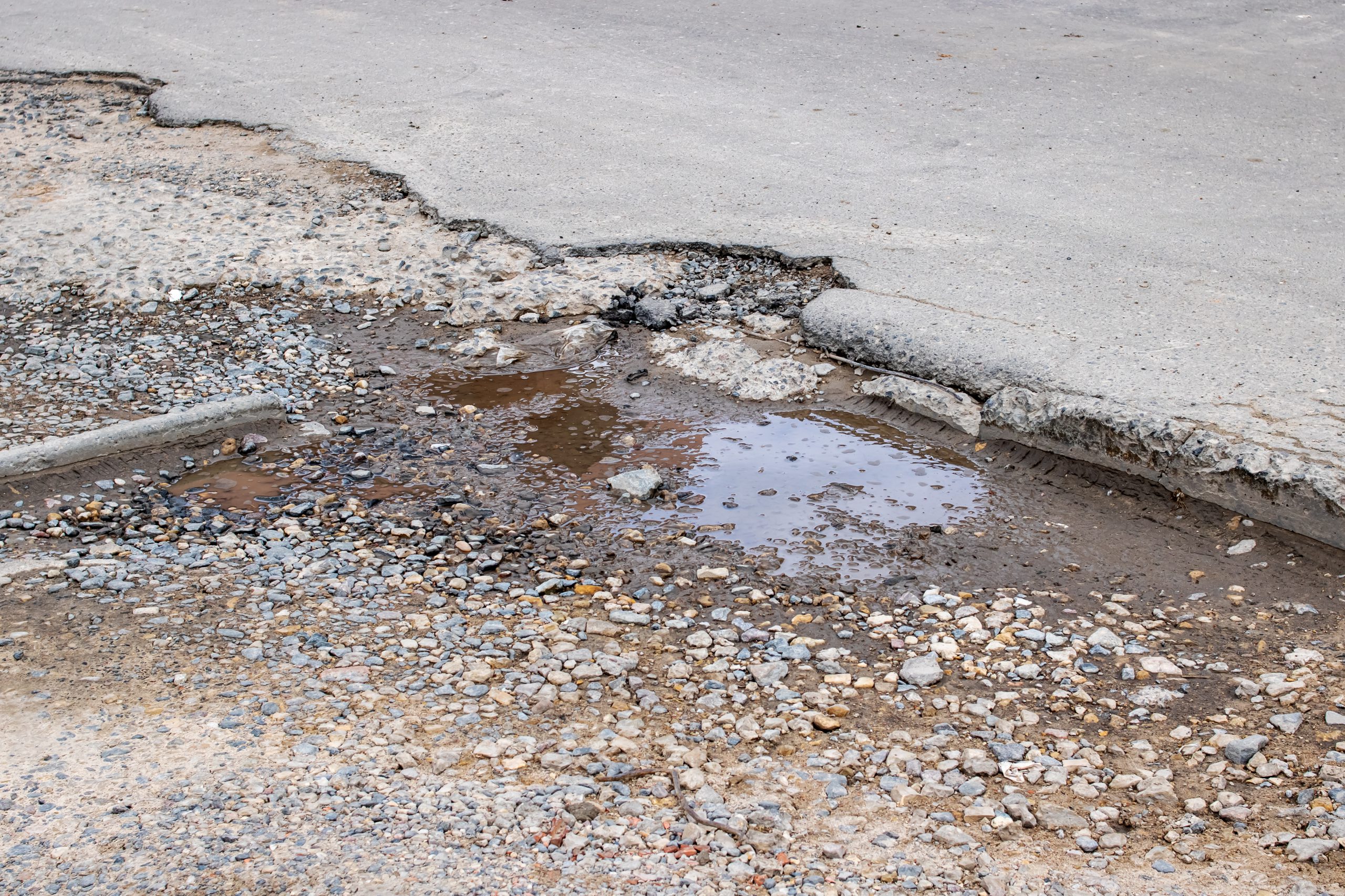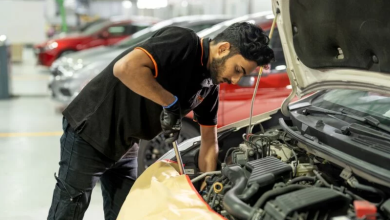How Does Your Car Suspension Work?
When you think about the different parts that make a car, the suspension is probably one of the last things that would come in mind. However, your car suspension is one of the most important parts of your car. It plays an extremely crucial role in the car’s overall function.
The suspension impacts how your car moves, the handling of the car and dictates how comfortable your ride will be. It’s so important that bad or faulty suspension will spoil the overall driving experience.
Now that you understand its importance, do you know how car suspensions work?
What is Car Suspension?
Before we get into how it works, do you know what the car suspension system is made of?

The system is made up of the car’s tires, springs, struts, arms, bars, linkages, bushings and joints. These components can be found anywhere between the frame of your car and the road. It’s basically made of the parts that connect the body of your car to the road.
To further dissect the parts of your car suspension, you can split them up into 2 basic categories – springs and shock absorbers.
Springs
You can find any of these springs in a suspension system of a modern car.
- Coil Spring
- Leap Spring
- Torsion Bars
- Air springs
The spring will absorb and compress energy when going over bumps, which in turn provides a smoother ride for every onboard.
Shock Absorbers (Dampers)
Shock absorbers, or struts, absorbs the force stored in the spring and releases it. It protects the chassis and prevents the springs from continually bouncing. These hydraulic oil-filled cylinders help to push the wheels down and ensure the wheels are in contact with the road at all times.
The Functions of Your Car Suspension
Your car suspension has quite a few functions but essentially, it minimizes the impact of the road when driving. As some roads can be fairly bumpy, the suspension system absorbs the shock and vibrations that are generated when going over these bumps.

This will then affect how comfortable the ride is for everyone onboard. That’s why some rides feel bumpier than others, it’s because of the suspension is not functioning optimally.
Another function of your car suspension is to maximise the friction between your tyres and the road. As some roads can be bumpy, it’s natural for your wheels to be lifted when going over big bumps. When this happens, the springs and dampers in your car suspension system will push down your wheels to re-establish contact with the ground while lifting the body slightly to trim down the impact.
This process makes controlling the car easier and offers better grip on the road which prevents the car from rolling and makes braking easier. So, your car won’t go ‘airborne’ every time you go over a bump or flip over when making a sharp turn. Additionally, the push factor
All in all, car suspensions provide stability when steering, makes handling easy and ensures the driving experience is as comfortable as possible.
4 signs that it’s time to change your suspension
For new cars, your car suspension can last for about 5 years. After this period, it’s likely that you’ll face some issues. Here are some common car suspension problems you should look out for.
1. A rough ride
The biggest sign that it’s time to change your suspension is when you can feel every bump on the road while driving.
2. Dips when you stop
A bad suspension can increase the time it takes for you to stop by up to 20%. So, if you feel like your car is jerking forward when you brake, it’s a sign that you should get your suspension checked.
3. Uneven tyre threads
A common indicator that your suspension needs fixing is bald patches or uneven wear on your tyre treads. This happens when your suspension is unable to hold your car evenly and puts uneven amount of pressure on the tyres, which cause uneven wear.
4. Give it a bounce
When your car is parked, press down on the front of the car, bounce it a few times and release. If it continues to bounce, it’s a sign that the suspension is wearing out. Do this at both the rear and front of your car!
5. Turning doesn’t feel stable
If it feels like your car is drifting and unstable when you turn, there’s likely to be a problem with your suspension. This is a serious problem with serious consequences to your safety and the safety of everyone on board.
Send your car to a trusted car workshop to have your suspension checked immediately.
People also liked: COVID-19 CIRCUIT BREAKER: IMPORTANT INFORMATION FOR CAR OWNERS TOP 5 REASONS FOR ACCIDENTS IN SINGAPORE HOW DO CAR SUBSCRIPTIONS HELP YOU SAVE MONEY




